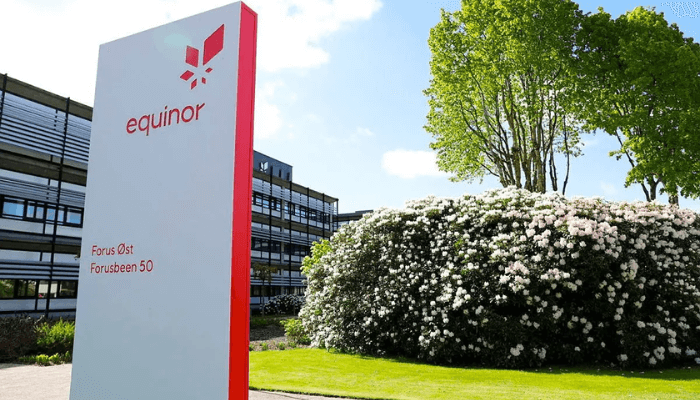Norwegian energy giant Equinor has announced its decision to end its 31-year presence in Nigeria, signalling a strategic pivot towards more profitable markets aligned with the company’s long-term goals.
The divestment, first announced in 2023 and completed in recent weeks, will boost cash flow in the fourth quarter and is in line with Equinor’s strategy to optimise its international portfolio, the group said in a statement.
“The exits enable investments to deepen further in countries where Equinor can add the most value and build a more focused and robust international portfolio,” the company said without elaborating.
Equinor has previously stated that it plans to increase its international output by some 100,000 barrels of oil equivalent per day (boed) by 2030 by adding new fields in Brazil, Britain, and the United States.
Philippe Mathieu, executive vice president for international exploration and production at Equinor, noted that with the exit, the company seeks to sustain long-term production and profitability.
Read also: Chappal Energies completes acquisition of Equinor’s 32-year-old Nigeria business
“With these exits, we realise the value and execute on our strategy to focus the international portfolio, and in combination with recent acquisitions and investments in our competitive projects, we seek to sustain long-term production and profitability,” Mathieu said.
Mathieu added, “Nigeria and Azerbaijan have been important countries in our international portfolio for decades. Together with partners and suppliers, we have created significant value for Equinor and society at large. I would like to thank them and our employees in Nigeria for their great work and dedication over the years and wish our people well in the transition of their professional journey.”
The deal grants Chappal Energies a 53.85 per cent ownership stake in Oil Mining Lease (OML) 128, including a unitised 20.21 percent interest in the prolific Agbami oil field operated by Chevron.
The Agbami field is one of Nigeria’s largest deep-water oil fields, which began production in 2008 and has produced over one billion barrels of oil to date, solidifying its importance as one of Nigeria’s most productive offshore assets.
In addition to the acquisition, Chappal Energies will assume operatorship of OML 129, an asset with considerable potential.
The block includes the Nnwa, Bilah, and Sehki discoveries, with the Nnwa discovery being part of the larger Nnwa-Doro gas field. Nnwa-Doro, a major gas resource, has been stranded for over 20 years despite its vast reserves and strategic importance to Nigeria’s energy goals.
“This is a milestone achievement for us as an indigenous company acquiring a stake in an offshore production sharing contract (PSC) through a competitive process,” said Ufoma Immanuel, managing director of Chappal Energies. “This acquisition aligns with our objectives of securing existing production alongside development opportunities.”
Immanuel emphasised the significance of the acquisition in unlocking the potential of world-class assets and contributing to Nigeria’s economic prosperity.
“We are committed to advancing the Nigerian government’s energy initiatives, particularly the Decade of Gas agenda, which aims to maximise the value of the country’s gas resources for economic transformation,” he said.
According to S&P Global, it could significantly enhance the project’s economics if the partners successfully negotiate specific terms for developing the Nnwa-Doro resources or integrating the project under the Petroleum Industry Act (PIA).
Read also: Chappal-Equinor deal further shines light on local producers
“The application of post-PIA terms, which involve reduced royalties of 5 per cent (export) or 2.5 per cent (domestic) for gas and gas liquids, improves the project’s Net Present Value (NPV) by more than $1.00 billion at a base case gas price scenario of around $3/Mcf, and also reduces the break-even price (BEP) from $7/Mcf to $3/Mcf,” S & P Global said.
Immanuel highlighted the critical role of regulatory and governmental support in fostering impactful investments and enabling indigenous energy companies to thrive.
Rand Merchant Bank, a division of FirstRand Bank Limited, acted as the sole financial advisor to Chappal Energies on the transaction.
While the financial terms of the acquisition remain undisclosed, the deal represents a significant step forward in Chappal Energies’ strategy of revitalising aging assets and enhancing operational efficiency.
Experts say this transition creates a unique opportunity for indigenous companies such as Chappal Energies to take on a leading role in the Nigerian oil and gas industry and become key contributors to the country’s energy future.
